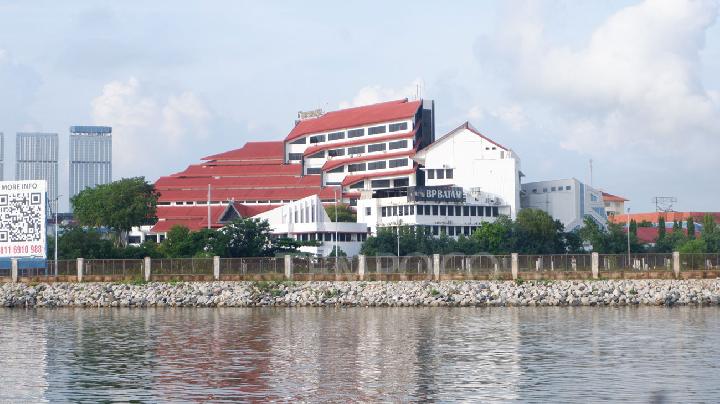TEMPO.CO, Jakarta – The Batam Indonesia Free Zone Authority (BP Batam) has responded to the recent agreement between Malaysia and Singapore to establish a Special Economic Zone (SEZ) in Johor, Malaysia. The agreement has prompted some business leaders to call for Indonesia to improve its competitiveness.
BP Batam’s Head of Public Relations, Promotion, and Protocol, Ariastuty Sirait, addressed concerns surrounding the SEZ collaboration between the neighboring countries. She dismissed fears raised in the media and affirmed that BP Batam takes the development of the Singapore-Johor SEZ seriously.
“BP Batam views this as a strategic opportunity to create new economic potential that can further optimize regional development,” Sirait said in a written statement on Thursday, January 16, 2025.
She emphasized that the competition posed by the new SEZ serves as a motivation for BP Batam to enhance the competitiveness of its own SEZs by strengthening infrastructure, refining policies, and forging strategic collaborations to attract more investment.
Currently, BP Batam oversees three SEZs: Nongsa Digital Park and Batam Aero Technic (BAT), both established in 2021, and the Batam International Health Tourism SEZ, inaugurated in 2024.
“In addition, we are encouraging industrial diversification within the SEZs to position Batam as a hub for high-growth sectors such as animation, healthcare, creative economy, technology, logistics, and renewable energy,” Sirait added.
She noted that BP Batam continues to promote and strengthen its international branding through exhibitions, investment forums, and bilateral engagements to enhance Batam’s image as a prime investment destination.
Local Business Leader Urges Government Action on Energy Costs
Johanes Kennedy Aritonang, a prominent businessman in Batam and Deputy Chair of the Indonesian Chamber of Commerce and Industry (Kadin) for the Sumatra Region, called the Johor-Singapore SEZ a wake-up call for Indonesia. He highlighted that the two countries offer favorable conditions for investors, leaving Indonesia at a disadvantage, particularly regarding electricity costs in Batam.
Currently, electricity prices in Batam face potential increases due to rising costs of imported gas for power generation. “The issue is that natural gas, including from Natuna, is exported to Singapore, while we rely on imports. We urge the government to prioritize domestic use of natural gas to stabilize electricity tariffs, making Batam more attractive to investors than Malaysia, Singapore, or Vietnam,” Aritonang told Tempo on Thursday.

